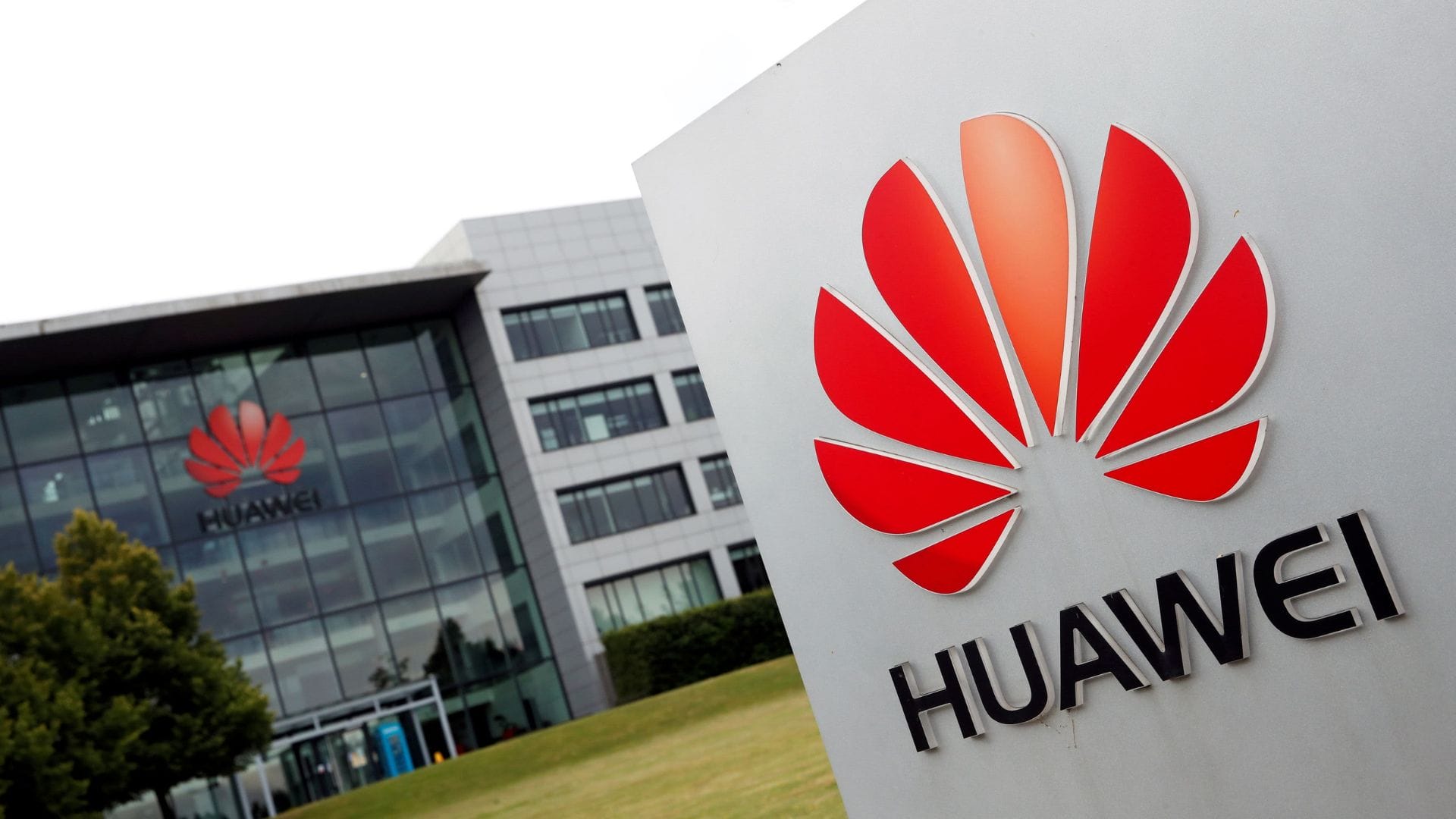Huawei co-develops DeepSeek model with stronger censorship tools
Huawei co-develops DeepSeek-R1-Safe AI model with Zhejiang University, boosting censorship tools and outperforming rivals in safety tests.

Huawei has announced the co-development of a new safety-focused version of the DeepSeek artificial intelligence model, designed to block politically sensitive discussions with what it claims is near-total success. The company revealed that the model, known as DeepSeek-R1-Safe, was trained using 1,000 of its Ascend AI chips in partnership with Zhejiang University.
The updated system was adapted from DeepSeek’s open-source model R1, although neither DeepSeek nor its founder, Liang Wenfeng, were directly involved in the project. Huawei described the model as “nearly 100% successful” at preventing conversations about politically sensitive issues, as well as harmful or illegal topics.
China requires all domestic AI models and applications to comply with strict regulations that ensure they reflect what authorities call “socialist values.” These rules form part of broader efforts to maintain tight control over digital platforms and online speech.
DeepSeek’s impact on global AI competition
The DeepSeek family of AI models first drew global attention when DeepSeek released its R1 and V3 versions, which shocked Silicon Valley with their advanced capabilities. The release triggered a wave of concern among investors in the West, leading to a sell-off of AI-related stocks in January.
Within China, the models have been quickly adopted and modified across industries. Chatbots from major firms, such as Baidu’s Ernie Bot, already refuse to engage with users on topics considered politically sensitive by the ruling Communist Party. Huawei’s latest contribution continues this trend, offering a model specifically trained to prioritise compliance and censorship safeguards.
According to Huawei, DeepSeek-R1-Safe achieved “comprehensive security defence capability” of 83%, outperforming comparable large models such as Alibaba’s Qwen-235B and DeepSeek-R1-671B by between 8% and 15% under identical testing conditions. The company said the performance trade-off compared to the original DeepSeek-R1 was less than 1%.
Challenges in hidden or complex scenarios
While Huawei highlighted near-perfect results in blocking direct harmful content, the system’s success rate fell when tested in more sophisticated scenarios. For example, when users attempted to disguise harmful prompts through role-playing, encrypted text, or scenario-based challenges, the accuracy dropped to 40%.
Huawei acknowledged this limitation but emphasised that the system still performed better overall than rival models. The company added that DeepSeek-R1-Safe has been engineered to counter “toxic and harmful speech, politically sensitive content, and incitement to illegal activities.”
The announcement came during Huawei’s annual Connect conference in Shanghai, where the company also unveiled new details of its chipmaking and computing power roadmaps. The disclosure marked a rare move for Huawei, which has traditionally kept its chip development strategies tightly under wraps.
















